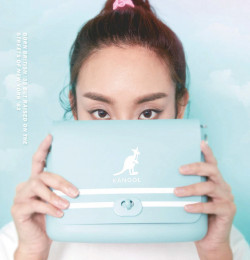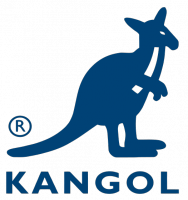

Kangol
New York, NY 10016
USA
About
founded by
Jaques Spreiregen
belongs to
Sports World
about
Kangol is a British clothing company famous for its headwear.
Founded in Cleator, Cumbria, England in 1938 by Jaques Spreiregen, Kangol (the K from silk, the ANG from angora, the OL from wool) produced hats for workers, golfers, and especially soldiers. They were the major beret suppliers to the armed forces during World War II, including famously Field Marshal Montgomery.
During and after the war, Kangol berets were the height of fashion. In the 1960s, designers Mary Quant and Pierre Cardin worked with the company, whose products graced the heads of the rich and famous, including the Beatles and Arnold Palmer, and later Princess Diana. The company also supplied uniformed organisations such as the Scout Association.
In the 1980s Kangol berets entered a new phase of fashion history with their adoption by members of the hip-hop community, such as Slick Rick, Grandmaster Flash, Run-DMC, Kool Keith, LL Cool J, The Notorious B.I.G. and Kangol Kid of UTFO. The release of more consciously stylish products in the 1990s such as the furgora (angora-wool mix) Spitfire, was helped by its presence upon the head of Samuel L. Jackson in 1997. Kevin Eubanks, bandleader for The Tonight Show with Jay Leno, sports a Kangol beret on an almost nightly basis.
Kangol has been owned by Sports World since 2006, when they acquired the brand from private equity fund, August Equity Trust. Licenses to manufacture and sell Kangol apparel have been sold to many different companies including D2 and Topshop. The global rights to Kangol hats have been held by American hatmakers Bollman Headwear since 2002.
It was announced in February 2009 that Bollman were reviewing their worldwide operations, putting 33 jobs and the future of the Kangol head office in Cleator in doubt. On 6 April 2009, it was announced that the original factory would be converted to a warehouse with the loss of 25 jobs. Only 7 employees now remain employed at the company's original site and the outlet shop will close at the end of August 2009. However, hats will continue to be made at their sites in Eastern Europe & the United States.
Official Social Media
Latest Kangol Advertisements
